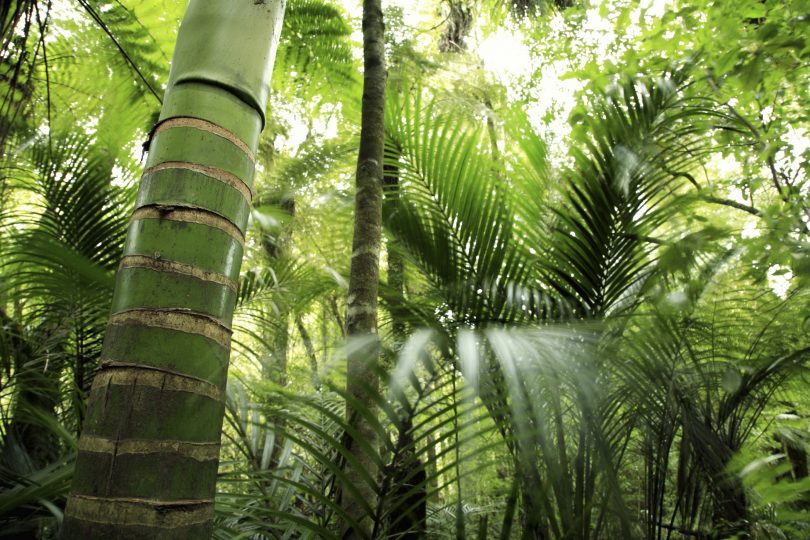
Research carried out by Dr Will Hawthorne, James Martin Fellow at the Plants for the 21st Century Institute, is helping solve the conflict between economic development and conservation in highly biodiverse areas.
Dr Hawthorne's research involved the creation of a forest mapping tool that can be utilised by specialists and non-specialists alike to identify areas of high biodiversity that need to be protected. He builds upon the observation that rare plant species tend to grow in different areas to the types of trees that are exploited for timber.
He developed three biological indices to evaluate aspects including identification of 'bioquality hotspots', distribution of commercially expolitable trees and forest regeneration. In Ghana, the government has used Dr Hawthorne's Bioquality Index to locate and establish over 2,000km2 of forest reserves which are excluded from timber harvesting.
Liberian mining company ArcelorMittal commissioned the Bioquality assessment carried out by Dr Hawthorne's group, prompting several significant conservation decisions and protection of essential forest sites in the West Nimba region. His methods have also been applied in many other countries worldwide.
“[Dr Hawthorne’s] work confirmed the biological importance of forests in northern Nimba from a global perspective... [The work also] identified priority species for plantation trials which are highly important to local communities who depend on these plants for medicine, food, and construction materials.” John Howell, Environmental Adviser, AcelorMittal Liberia
Click here to download the report